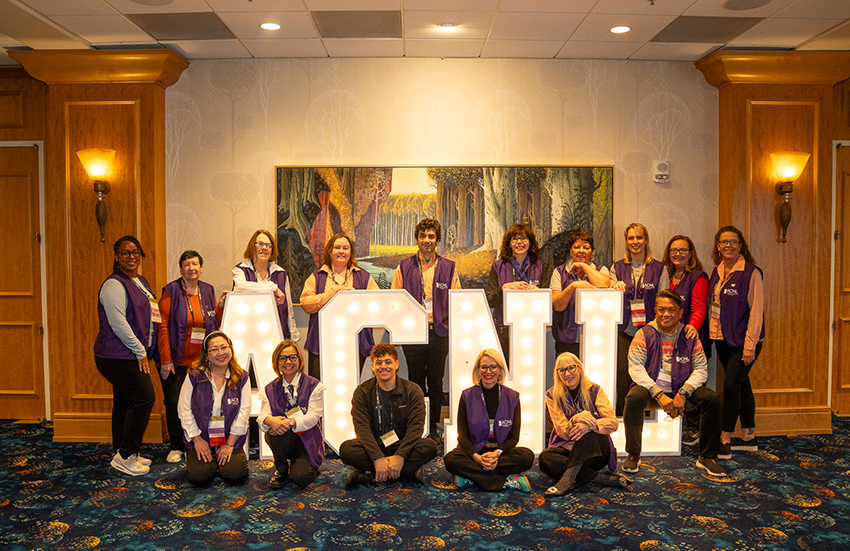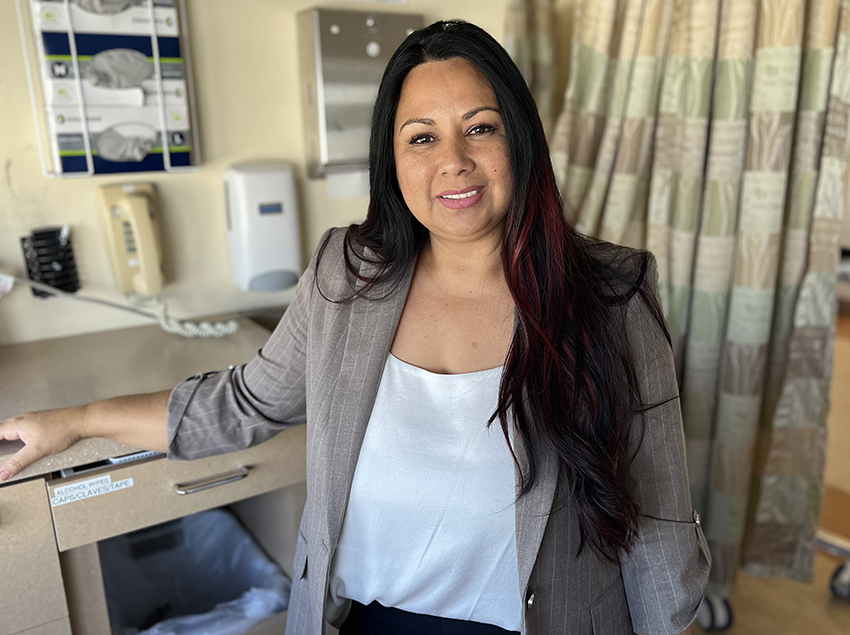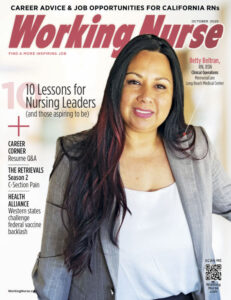Feature
A Kindness Revolution!
Seven Ways to Build Happier and Healthier Nursing Teams

The past few years have been the most stressful and challenging in most of our lifetimes. When COVID-19 hit, healthcare teams were called upon to save the world, and they did. But external stressors caused many nurses to react in ways that were not healthy. We saw an uptick in disruptive behaviors, fighting within teams, and a major surge in burnout and nurses leaving the profession.
One thing the pandemic taught us is that working together as strong, cohesive teams is essential to surviving otherwise insurmountable stressors. The best way to do that is to adopt a proactive rather than reactive mindset.
Here are seven ways to build healthier, happier and more proactive nursing teams:
No. 1 Be An “Upstander”
When people are stressed out and burned out, they lash out. Although it’s understandable that a coworker might yell at or openly criticize their peer in front of others, it’s still not acceptable. The No. 1 most powerful intervention to stop the cycle of bullying and incivility is for the witnesses to speak up. However, so often, we see cruelty and yet stand by and do nothing. Worse, many just walk away.
During one huddle, a nurse acted inappropriately towards the charge nurse when told they would be taking overflow patients from another unit. The nurse adamantly refused, and yelled at the charge nurse in front of everyone in the patient care hallway.
Yet, nobody said a word — not even the manager, who was also present.
Incivility that goes unchallenged tends to continue or escalate. This year, make the commitment to speak up any time you witness cruelty towards a coworker. Be an “upstander,” not a bystander!
If you don’t know what to say, it can be as simple as, “Stop. It’s not okay the way you’re treating ____.”
No. 2 Be Positive
Humans are negative by nature. We think 60,000 thoughts a day, and 80 percent of them are negative. This “negativity bias” helps keep us alert to potential threats. Think about people who work in healthcare: We are always assessing for anything that seems wrong so that we can intervene and save someone’s life. It often takes less energy for us to identify what’s wrong, or to criticize, than to praise and support.









